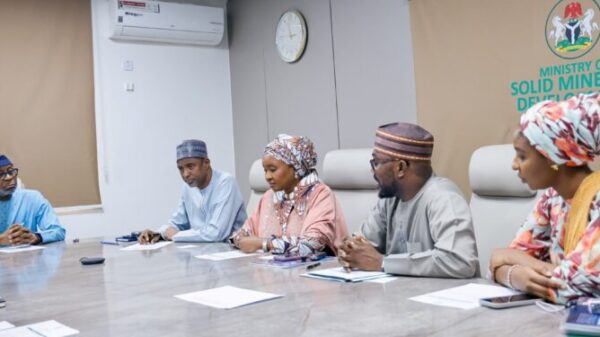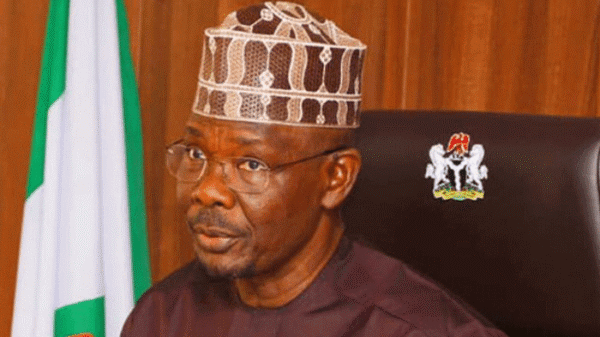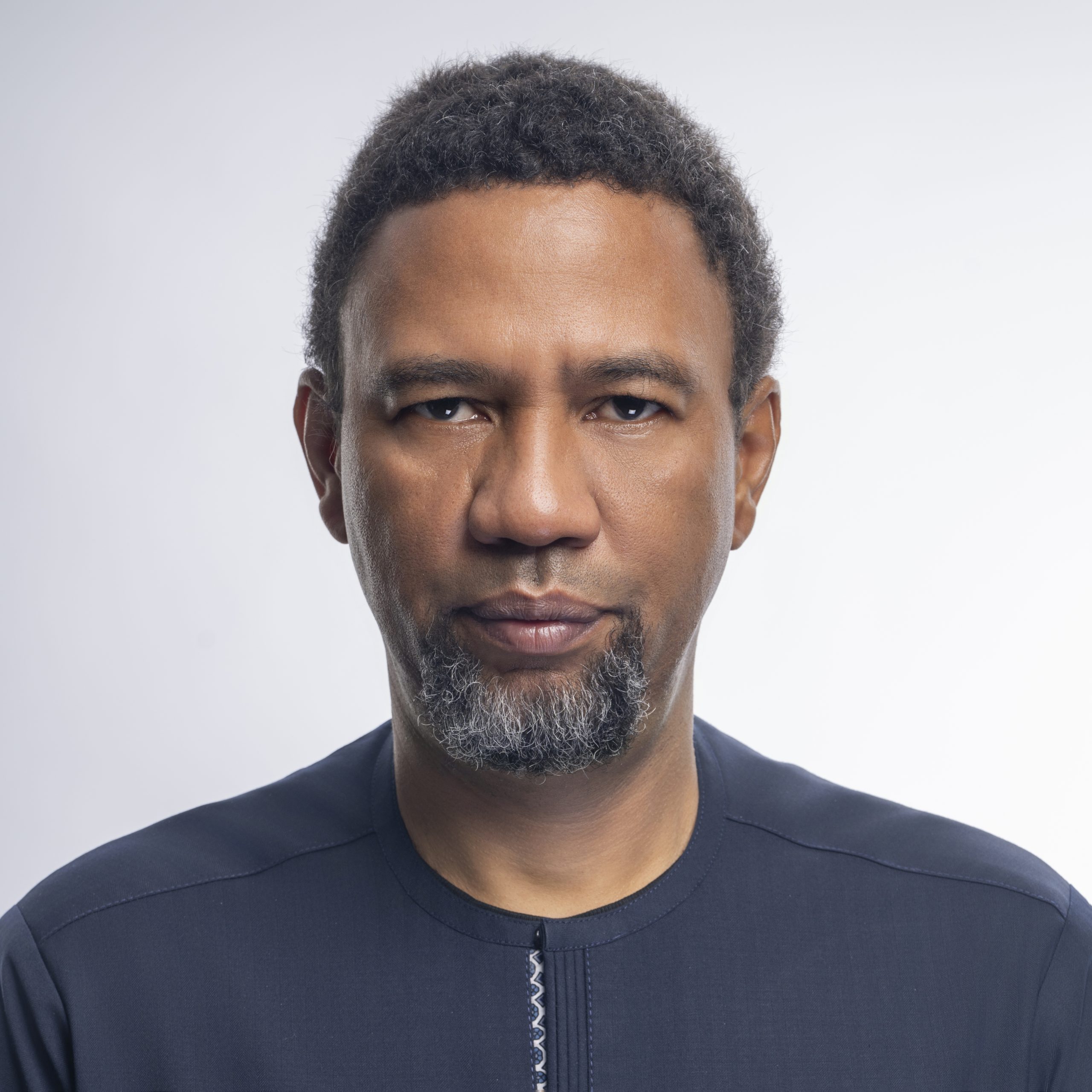In a defining step toward sustainable transformation, Nigeria has officially joined the global Climate Governance Initiative (CGI), a platform empowering corporate board members to take decisive climate action.
The initiative’s virtual launch drew a dynamic mix of leaders—former ambassadors, government officials, business executives, and climate advocates from across Africa and beyond.
Dr. Myma Belo-Osagie, Chair of the CGI Nigeria Advisory Board, welcomed attendees with a call to reimagine corporate leadership: climate risks, she noted, should no longer be treated as external issues—they must be integrated into strategic decision-making. She pointed to green finance, regenerative agriculture, and circular business models as key areas of opportunity.
Echoing that sentiment, MTN Nigeria CEO, Dr. Karl Toriola, warned that climate challenges already influence everything from access to capital to long-term competitiveness. “Climate risk directly affects our bottom line. It’s no longer optional to care—it’s necessary,” he said.
Toriola detailed how MTN has embedded climate governance at the core of its operations. From energy-efficient innovations like solar-powered towers and motion-sensor lighting to a nationwide battery and device recycling program, MTN is actively reducing its environmental footprint. Crucially, all executive performance indicators now include sustainability goals—with incentives tied to measurable impact.
He didn’t shy away from the hard truth: genuine climate progress will require sacrifice. “You can’t make an omelet without breaking eggs,” he said, urging corporate leaders to prioritize climate resilience even when it’s inconvenient or costly.
As CGI Nigeria joins a growing global network of corporate climate advocates, the message is clear—business leadership must go beyond profit to steward environmental accountability. From the boardroom to rural infrastructure, Nigeria’s private sector has a pivotal role in shaping a more sustainable future.
![]()





























































